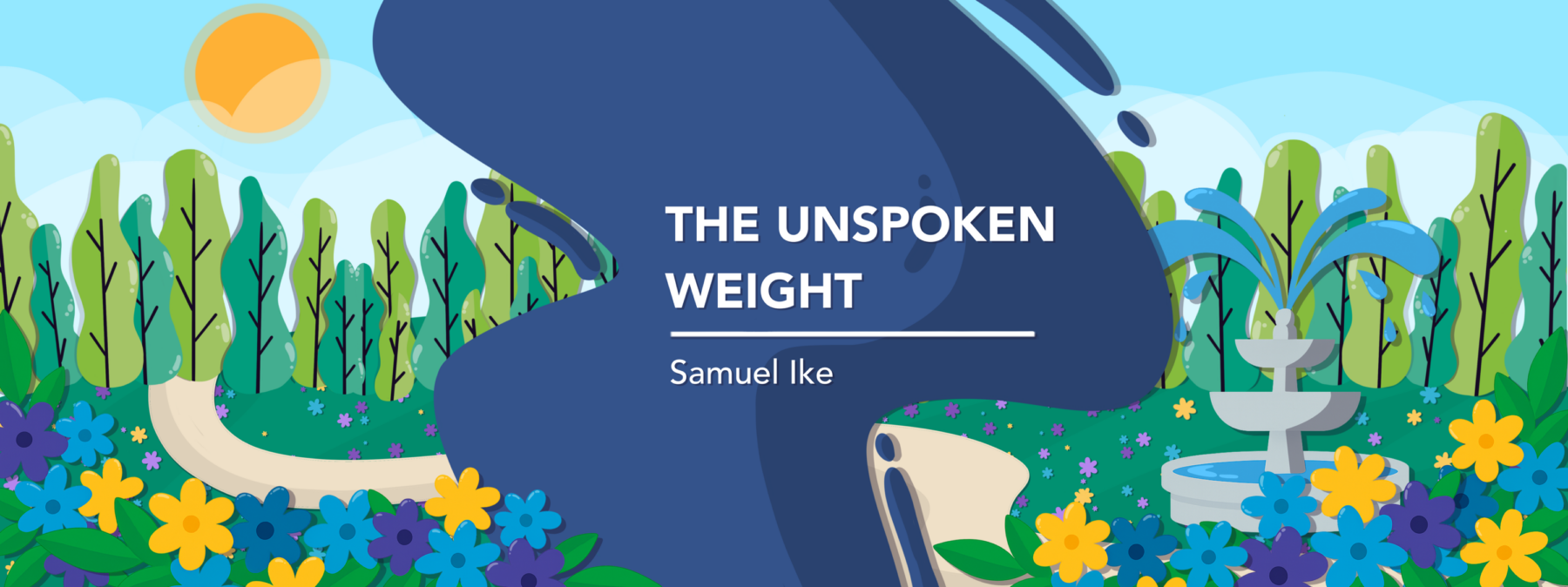I wasn’t prepared for all the admin work involved in caregiving
Medical records, schedules, and to-do lists are part of my daily life
Written by |

When you become a caregiver, nobody warns you that you’ve also become:
- A Google Alert in human form, always staying up to date on clinical trials, drug interactions, and side effects
- A scheduling ninja who’s on top of pharmacy pickups, insurance appeals, and chemotherapy dates
- A medical archivist who keeps track of lab reports as if they were software updates.
On top of these responsibilities, there’s the guilt that comes with caregiving. And what about the anger that seems to eat you up like the cancer that is ravaging your loved one?
When I became a caregiver for my mum, who is suffering from myeloma, I didn’t know what I was doing. Caring for her just felt like the most natural and logical thing to do.
But monitoring Google Alerts? Medical archiving? Scheduling? The tiredness and exhaustion that accompany it all? I never expected any of it. No, this is not what I signed up for, but here we are now.
The bureaucracy of survival
Nowadays, we all have phones, but mine isn’t just a means of communicating; it’s my war room.
My phone contains the following:
- Apps: These serve as symptom logs, pill reminders, and medication trackers.
- Calendar: Mine is color-coordinated based on urgency. For instance, yellow is for scans, red is for infusions, and purple means “call the pharmacy again.”
- Folders: I scan and keep copies of various documents — such as biopsy reports, insurance denials, and prescriptions — in folders on my phone.
All of this organization can be quite tiring. However, it is also the reason I caught three dosage errors early.
Why systems matter more than sermons
Some people love to remind me to take care of myself, but none of them has ever handed me a template for how to do so. Instead, I rely on trusted systems.
There’s the “go bag” that I keep by the door, which contains a printed medication list, a sweater, snacks, and chargers. There’s a password-protected note on my computer where I stash all of my mom’s medical login details, just in case. There’s the three-ring binder full of important health documents — something that saved us when the hospital’s computer system crashed.
For me, these are more than helpful tools. They are love letters written in Times New Roman, 12-point font.
The hidden cost of invisible labor
When you are caring for someone, you do a lot of labor that no one else sees. The mental load of your acquired knowledge can also become extremely heavy.
For instance, I’ve memorized all of the National Comprehensive Cancer Network’s guidelines, especially those that pertain to myeloma. I also know which pharmacies have our co-pay card on file, and I remember which doctors prefer to be contacted via portals and which insist on emails.
When someone tells me, “Let me know how I can be of help to you,” I want to scream, because it would only take more energy to teach them about these systems. That is why I choose to do things by myself.
A survival kit for fellow systemizers
Here are my top tips for other caregivers dealing with healthcare management:
- Everything should be digitized. You can try out scanner apps such as Adobe Scan or CamScanner.
- Your communications should be centralized. For all medical correspondences, use one email address you share with your loved one.
- Deliberately schedule time for admin grief. Yes, seriously. Block out half an hour to cry your eyes out after calls with medical insurance companies.
The bottom line
For someone who is not a caregiver, it may seem like all I’ve described is mere paperwork. But for me, it is much more than that. These organizational systems are the scaffolding that allow me and my patient to breathe.
So, the next time you find yourself still awake at 3 a.m., updating a medical chart, remember: You are not just managing data. You are building a life raft.
Note: Rare Cancer News is strictly a news and information website about the disease. It does not provide medical advice, diagnosis, or treatment. This content is not intended to be a substitute for professional medical advice, diagnosis, or treatment. Always seek the advice of your physician or other qualified health provider with any questions you may have regarding a medical condition. Never disregard professional medical advice or delay in seeking it because of something you have read on this website. The opinions expressed in this column are not those of Rare Cancer News or its parent company, Bionews, and are intended to spark discussion about issues pertaining to rare cancer.



Leave a comment
Fill in the required fields to post. Your email address will not be published.